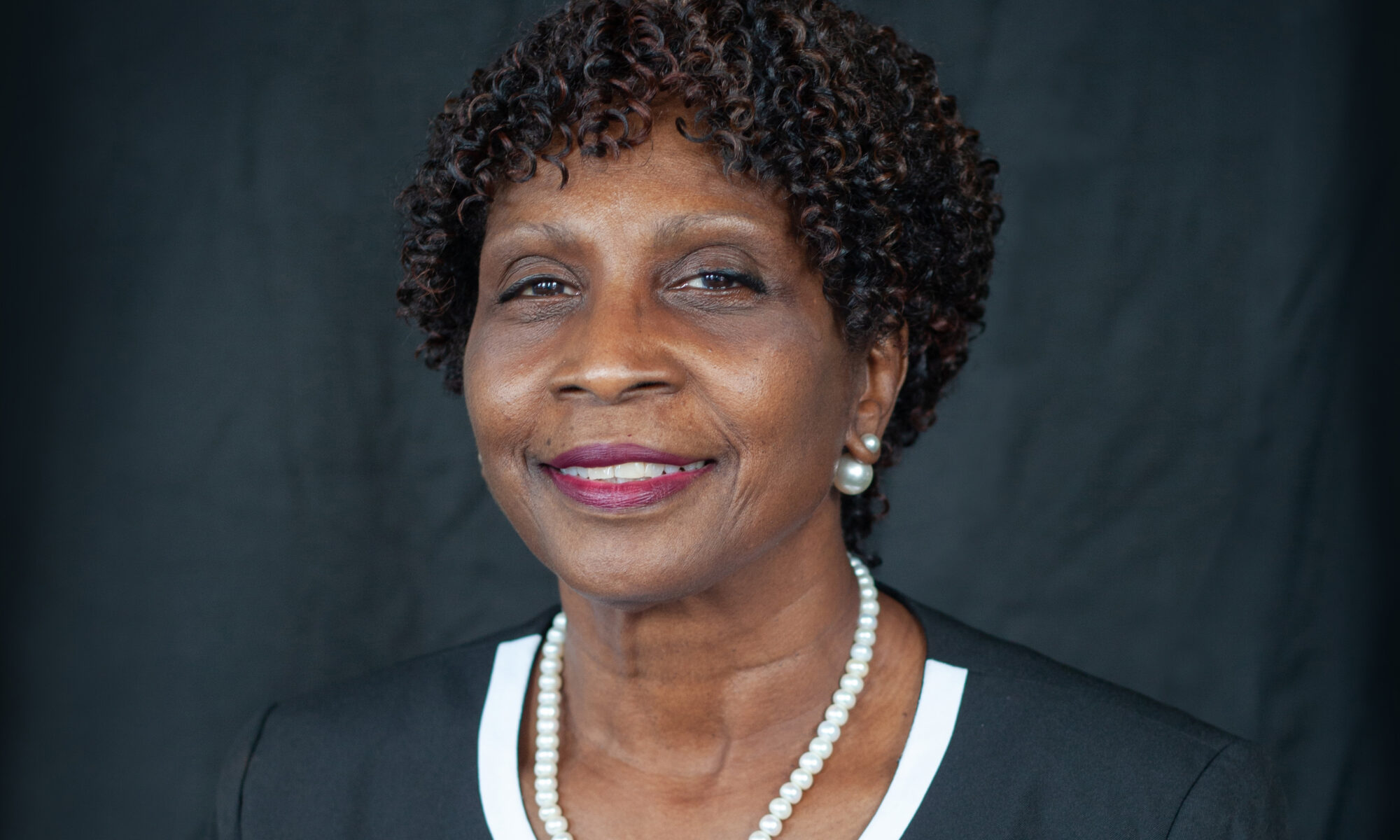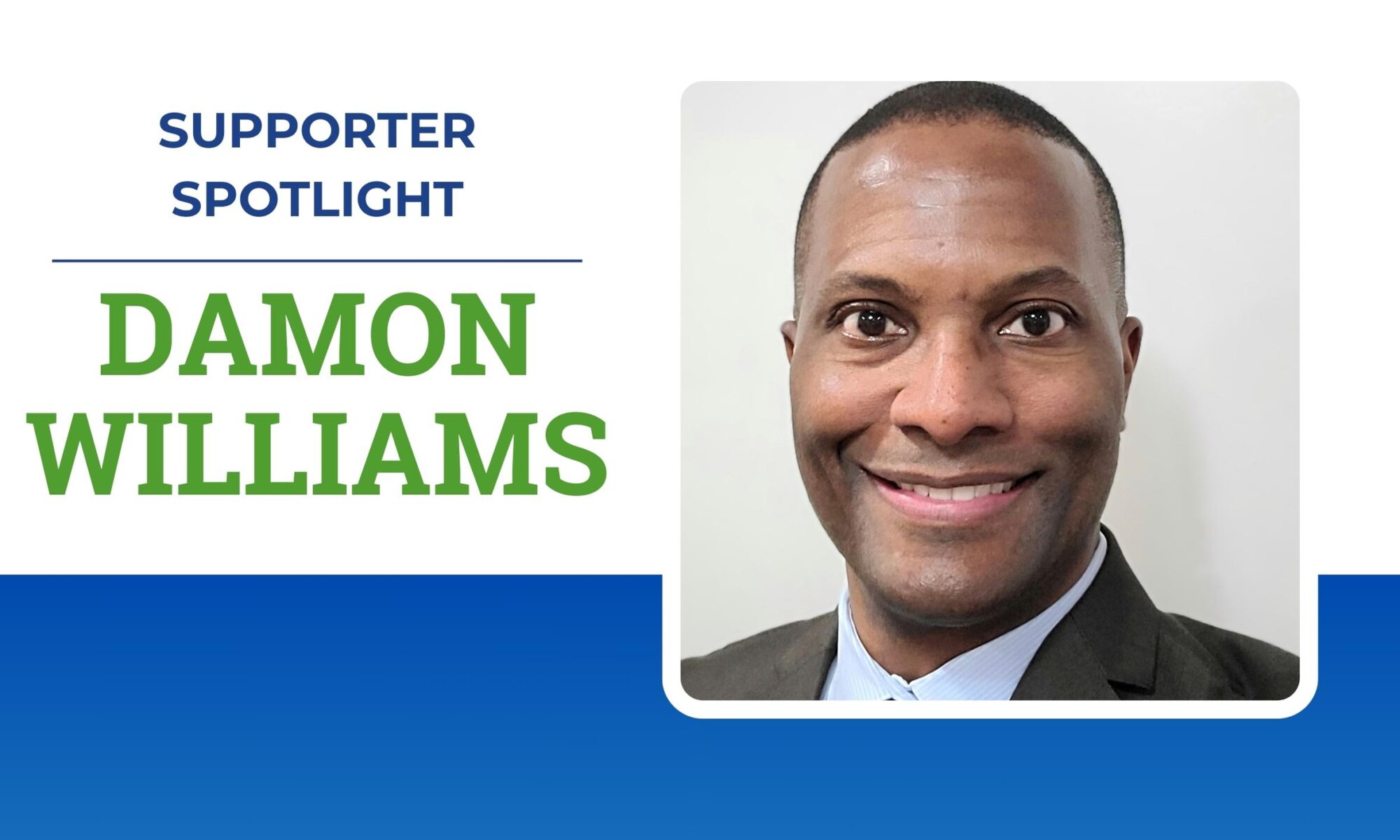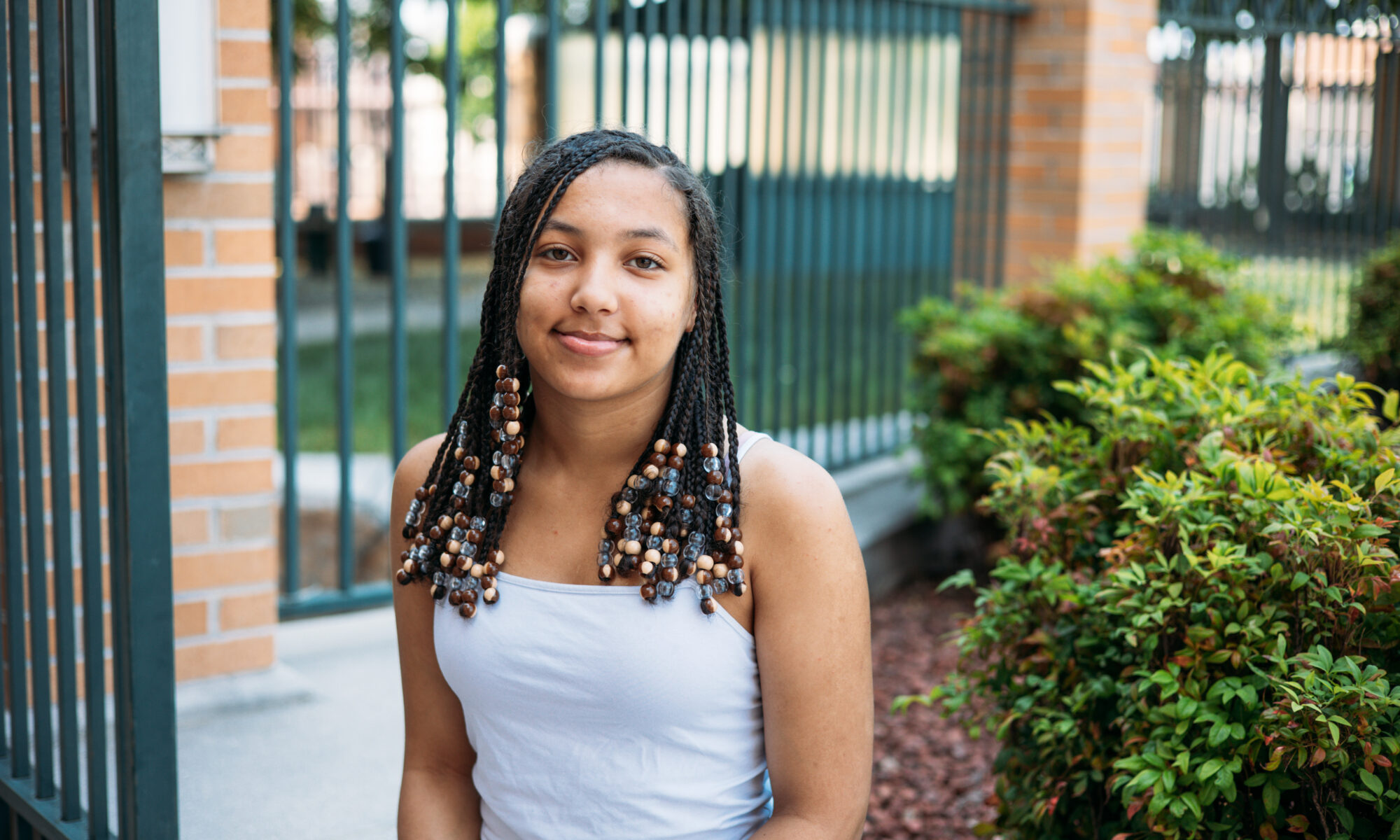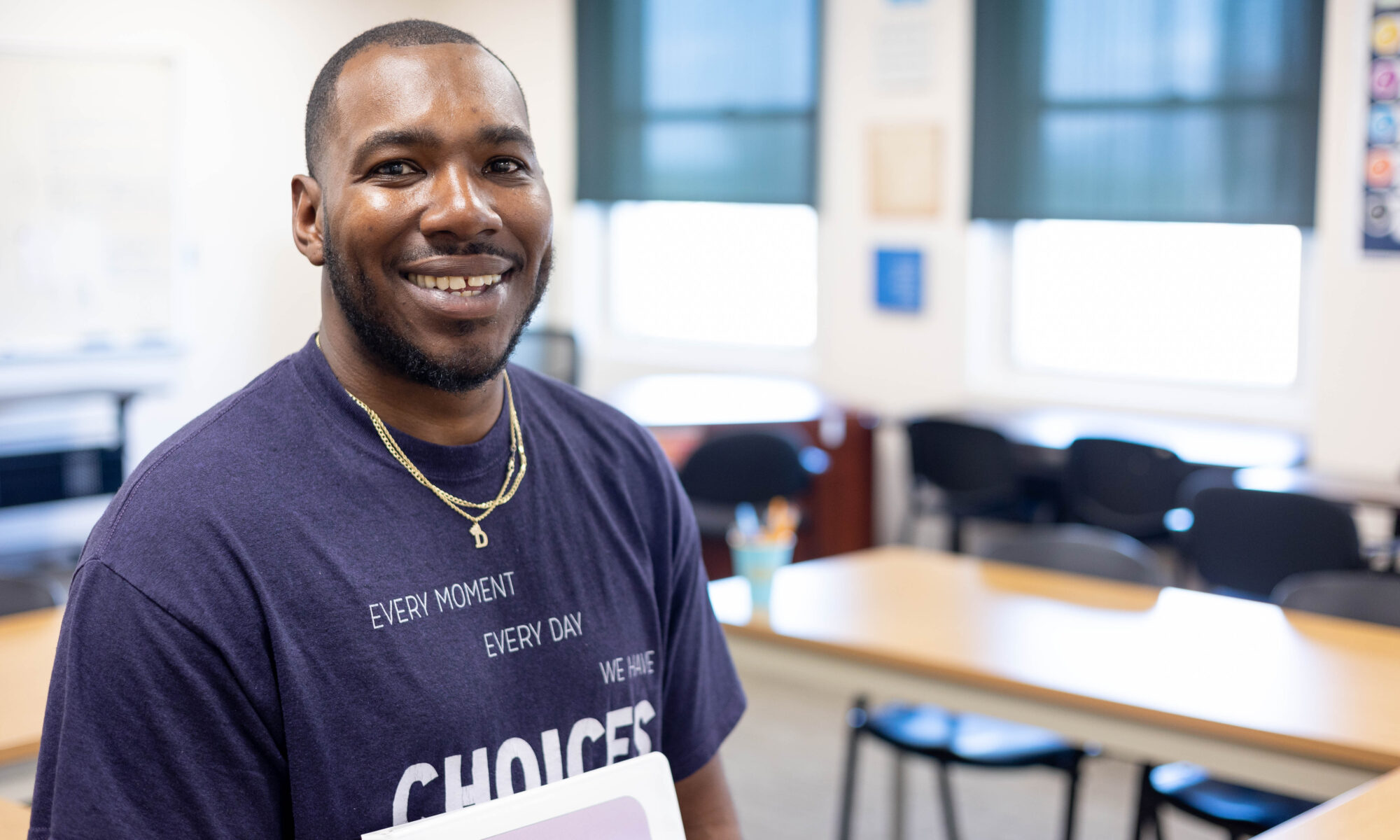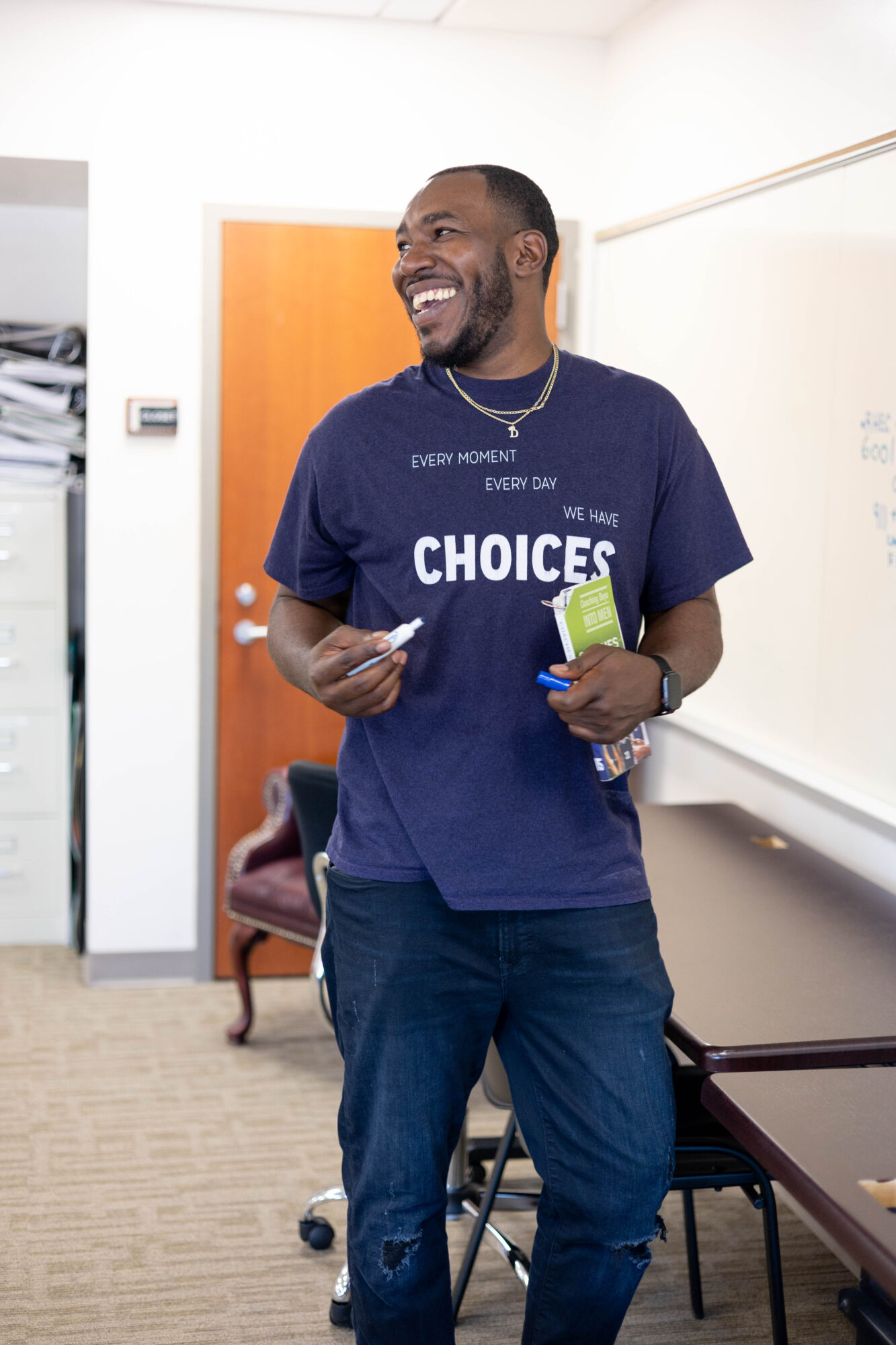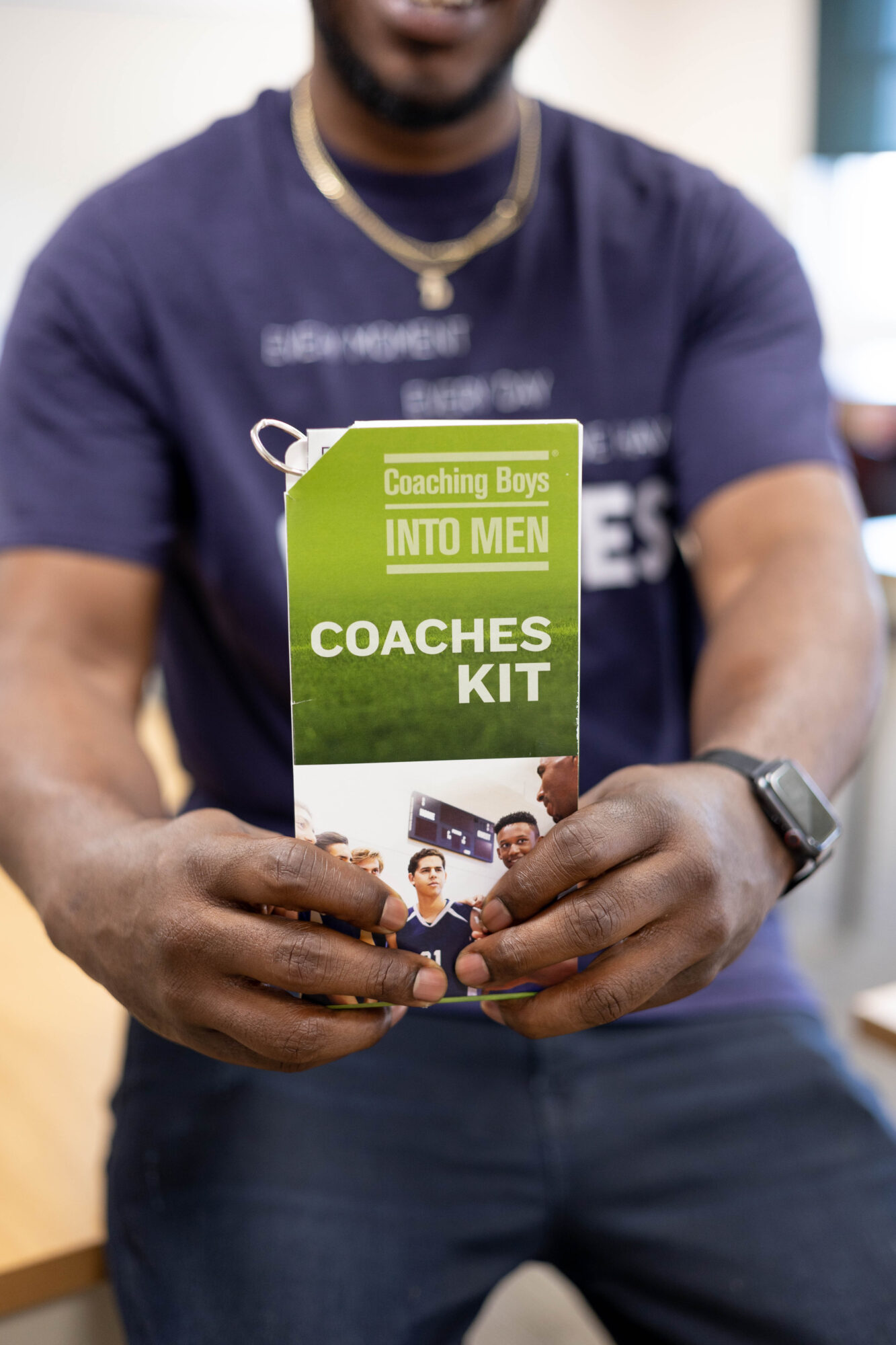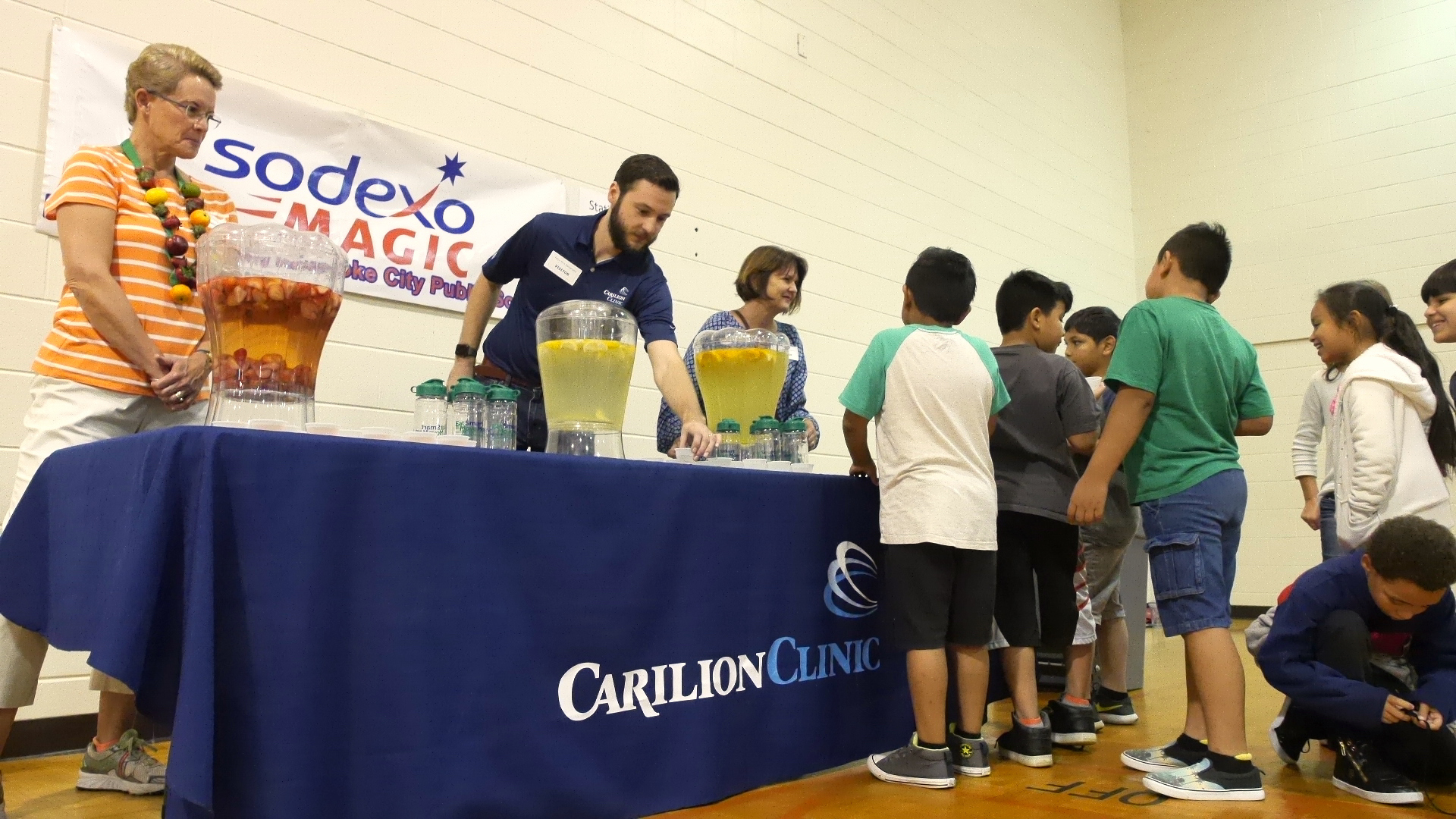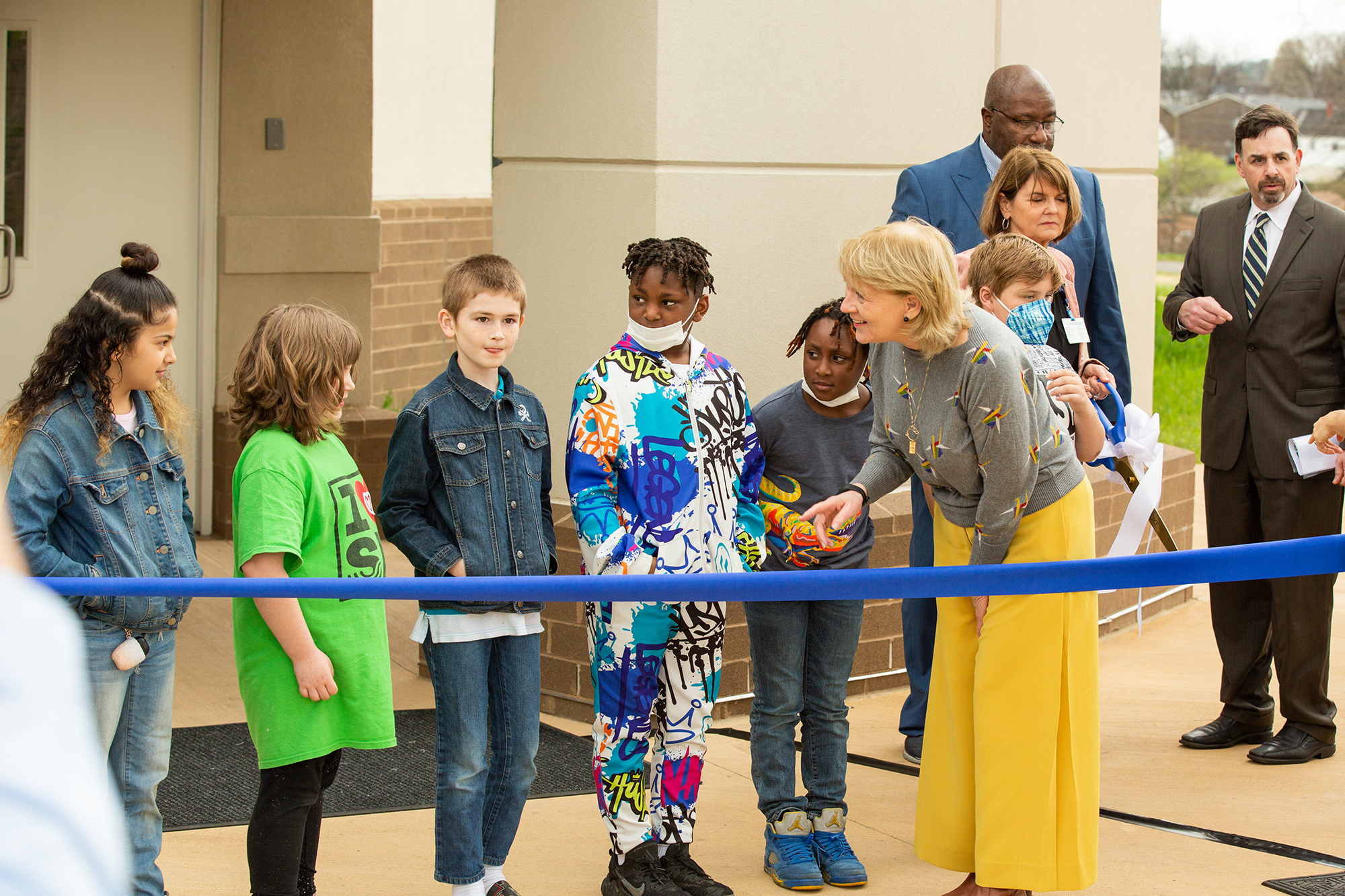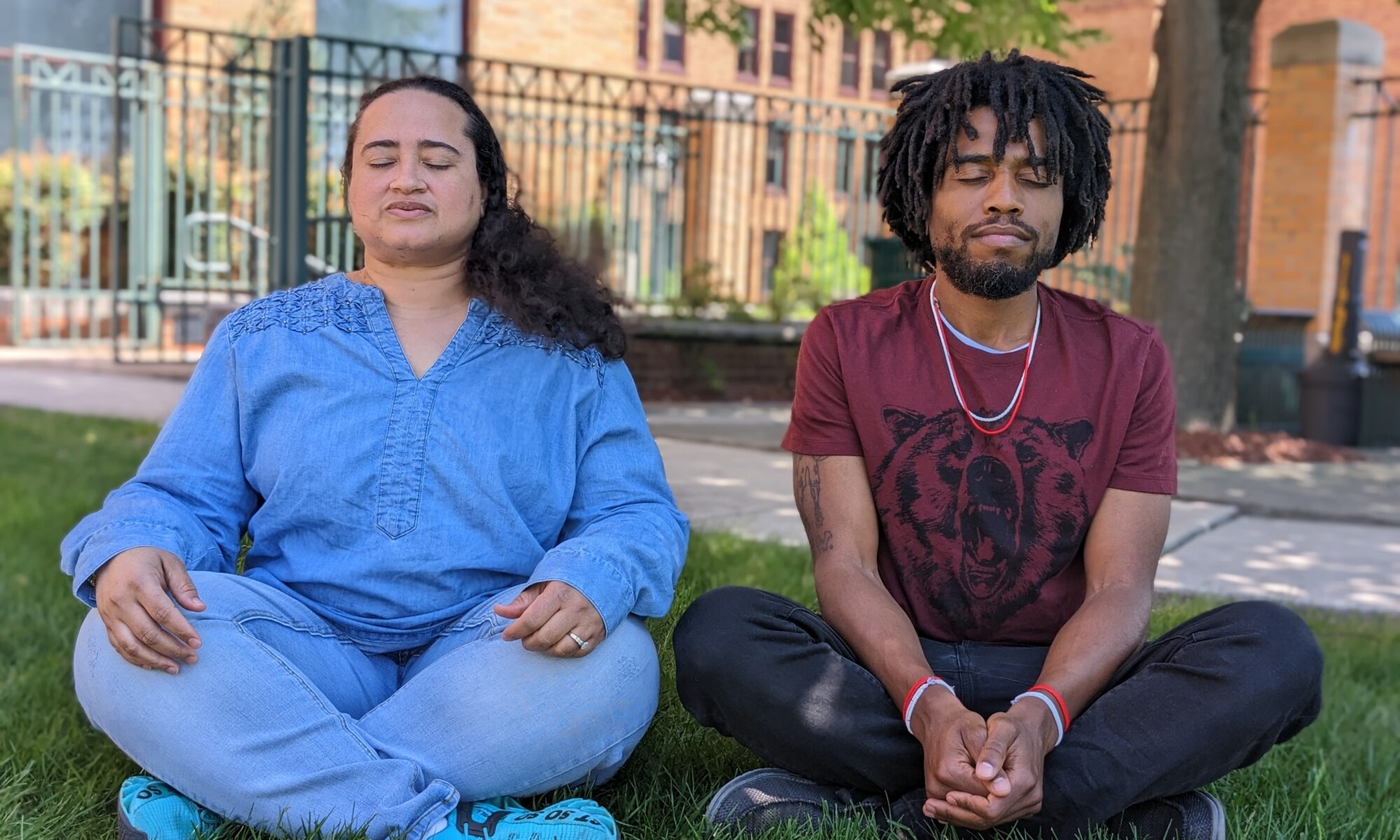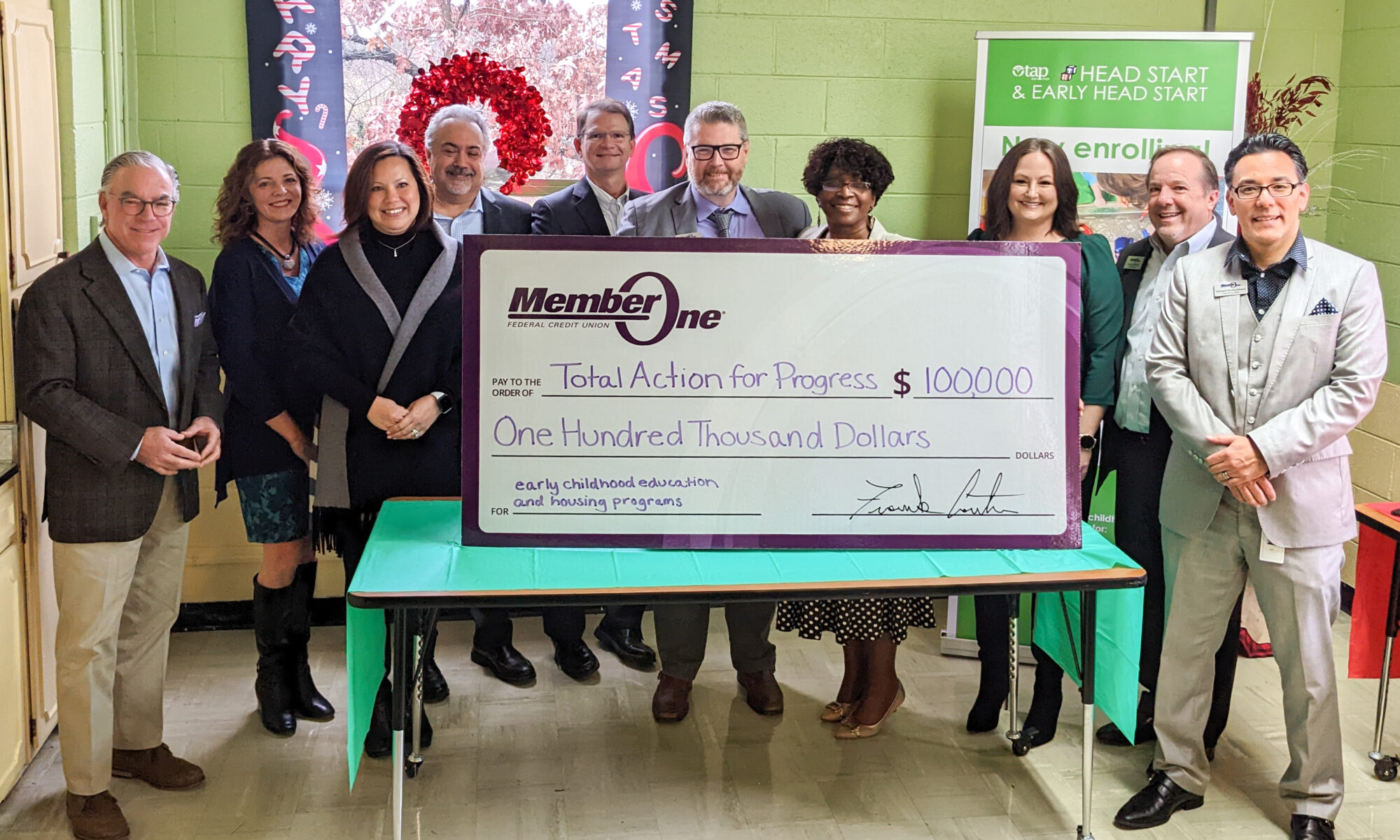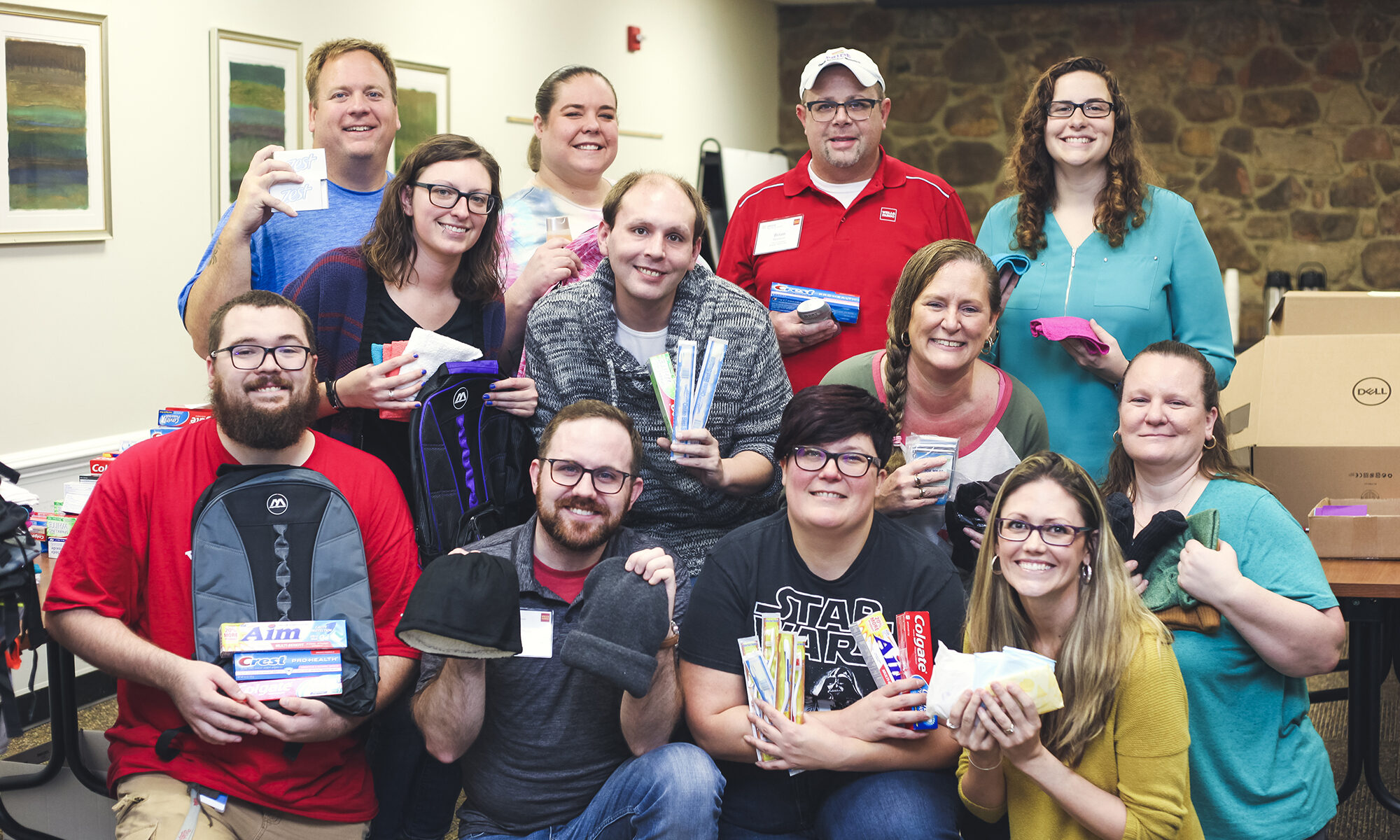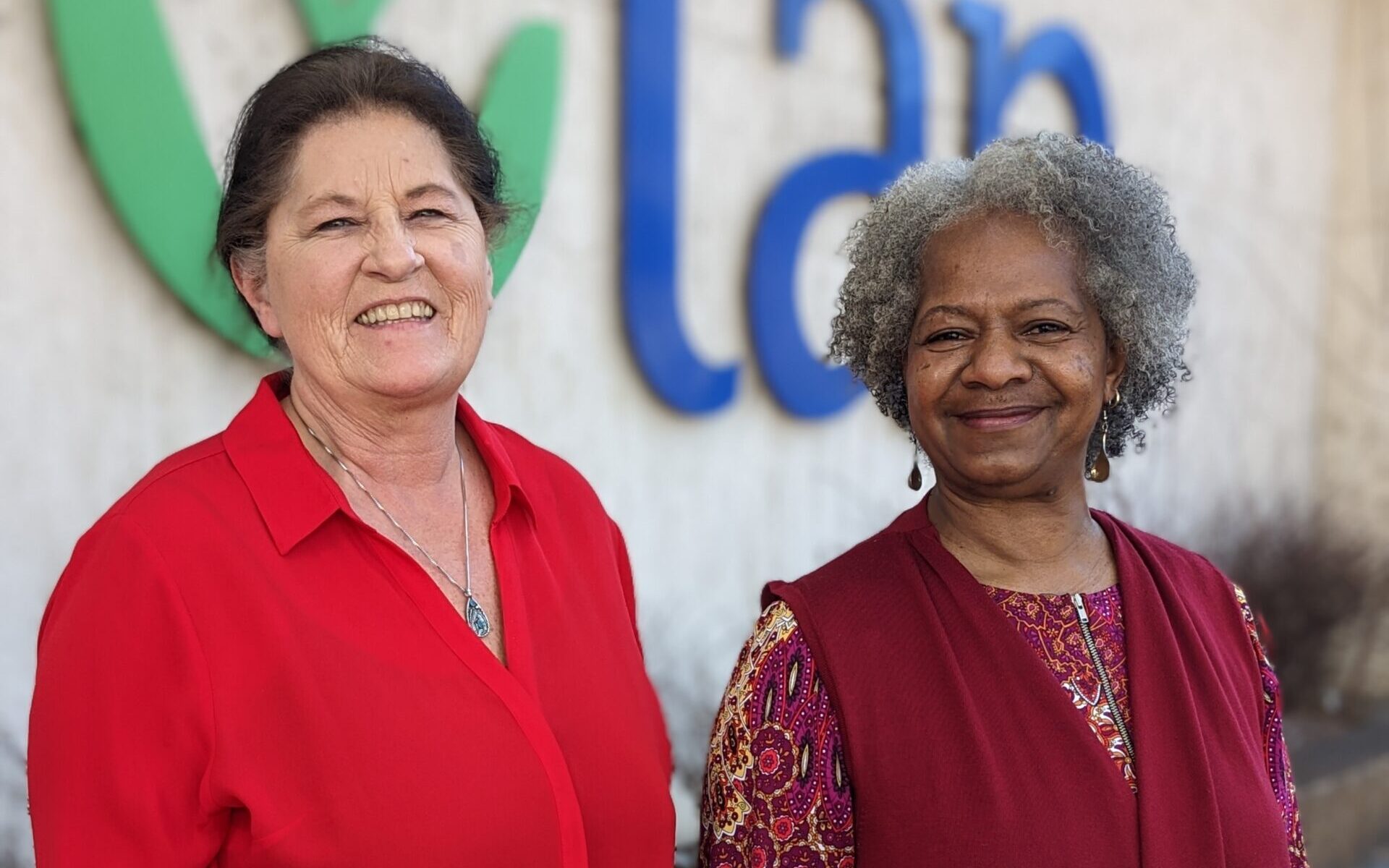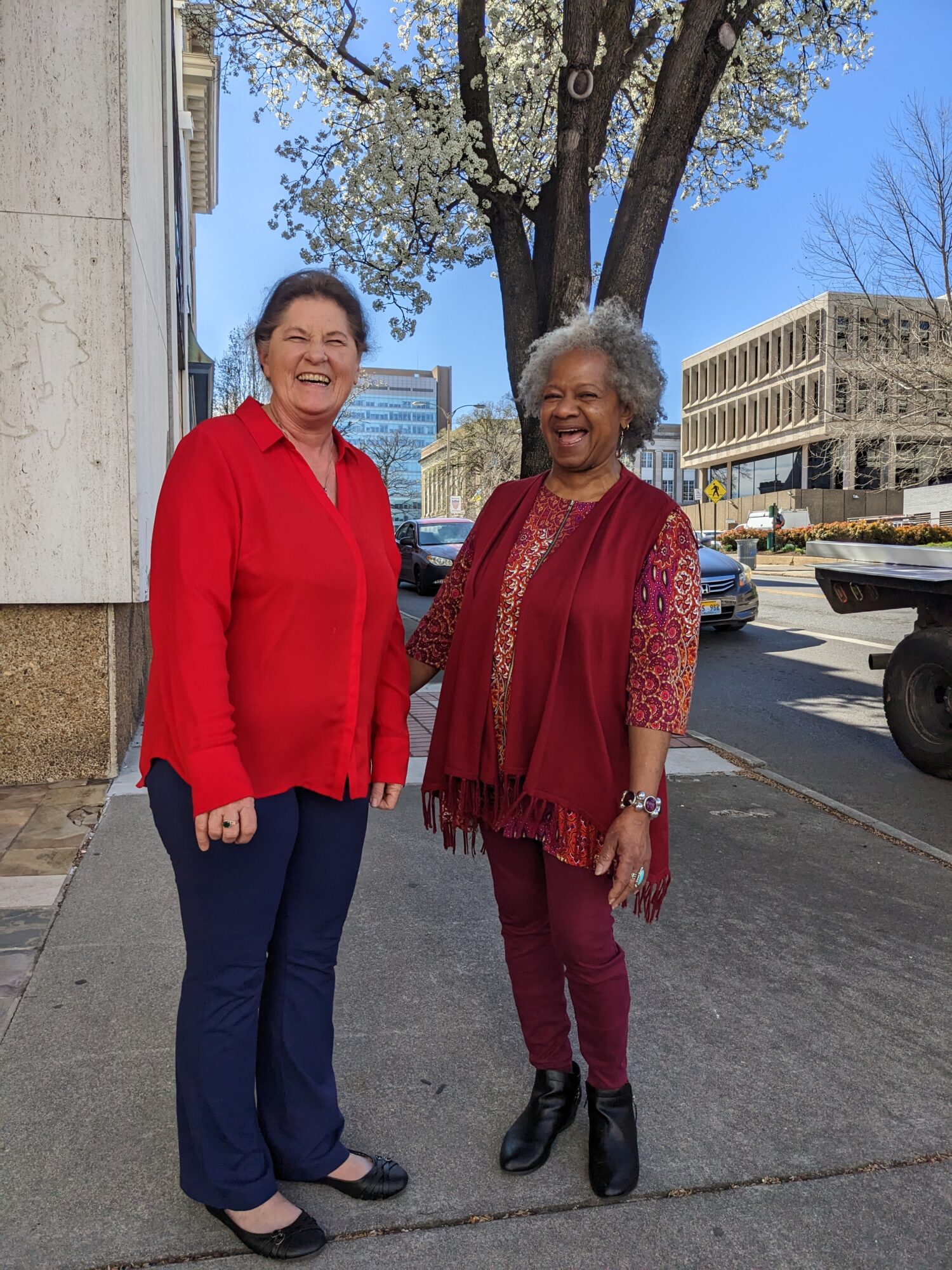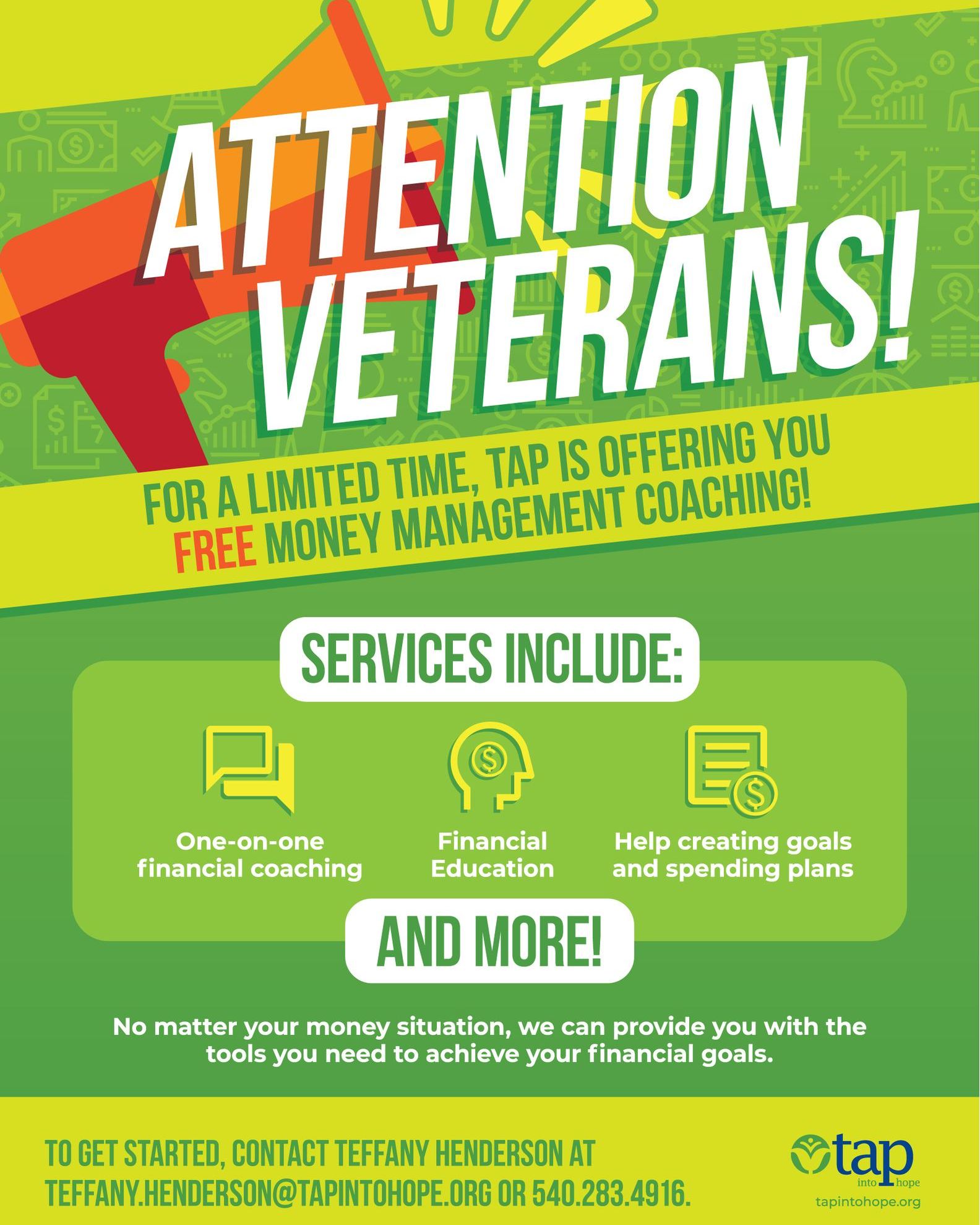TAP President Announces Upcoming Retirement
After 35 years of service to Total Action for Progress (TAP), Annette Lewis, its current president and CEO, will retire effective March 1, 2024. Mrs. Lewis became TAP’s president & CEO in May 2015.
Mrs. Lewis states, “My journey with TAP has been an amazing one. I started as a temporary employee 35 years ago, unsure that I would be asked to remain. I am so grateful that my supervisors and TAP’s president for 40 years, Ted Edlich, decided to keep me. Working at TAP has been tremendously rewarding. I have enjoyed seeing hope return to the eyes of the families we assist and the successes they’ve achieved. I have been amazed by the work of the staff that pour their best efforts into the lives of others to support them and celebrate with them during each accomplishment. I have been richly blessed to work with an administrative staff and team of senior leaders who are among the most talented, committed professionals that I have ever had the pleasure to work with. I am indebted to a board of directors who had confidence in me, provide valuable guidance, contribute to the success of the agency, and continue to believe in TAP’s mission. With the help of each group that I’ve mentioned, TAP is strong, effective, and will make an impact across the region and state for years to come. I will remain eternally grateful for the opportunity that has been given to me to contribute to this outstanding organization.”
TAP Chairman Paul Nester expressed the Board of Directors’ “deep appreciation for Mrs. Lewis’ years of successful leadership of TAP,” and acknowledged the “numerous contributions made by Mrs. Lewis to the communities and citizens that TAP serves.” Nester further commented that the board of directors will soon begin a search for Mrs. Lewis’ replacement.

